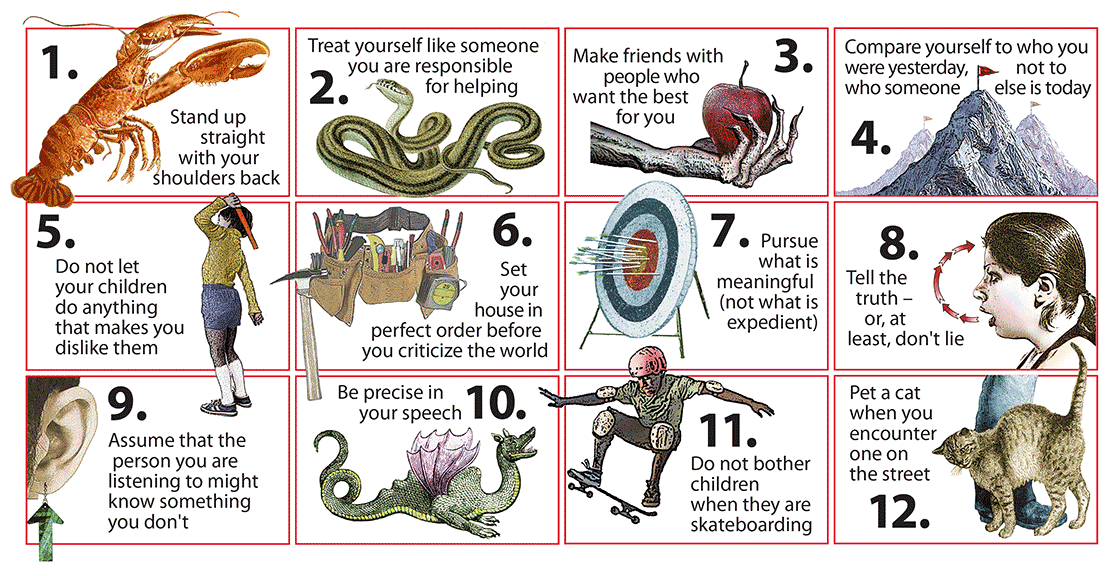SCIENCE SALON # 43
Dr. Jonathan Haidt — Coming Apart
A lecture by and follow-up discussion with Jonathan Haidt about the excessive divisiveness of American politics and culture the past several years. Dr. Haidt visited the campus of Chapman University on October 18 on his book tour for The Coddling of the American Mind, about which Dr. Shermer talked to him in Science Salon # 36. While on campus Professor Haidt made a guest appearance in Professor Shermer’s class, Skepticism 101, and gave a lecture about his deep concerns of what is happening in America and what we should do about it, followed by an “in conversation” with Dr. Shermer in front of the class on several of these themes, including to what extent science and determine human values, what business America has in telling other countries and cultures what their values should be, his thoughts on the Harvard discrimination lawsuit, the deplatforming of Steve Bannon by The New Yorker, the legalization or criminalization of polygamy and prostitution, welfare programs and Universal Basic Income, and our moral obligation to help those who cannot help themselves.
Listen to the podcast via Apple Podcasts, Spotify, Google Podcasts, Stitcher, iHeartRadio, and TuneIn.
This Science Salon was recorded in audio format only on October 18, 2018.
Check Us Out On YouTube.
Science Salons • Michael Shermer
Skeptic Presents • All Videos
If you enjoy the Science Salon Podcast, please show your support by making a donation. Your ongoing patronage is vital to our mission to promote science and critical thinking.

IMAGE ABOVE: Jordan Peterson’s “12 Rules for Life” tend toward metaphorical rather than literal interpretations. For the most part they are about taking responsibility, recognizing your strengths and weaknesses, aiming high, and sacrificing to meet goals.
The New York Times calls him “the most influential public intellectual in the Western world right now.” He inspires heartfelt admiration or abject loathing, and very little in between. In these uncertain times it seems essential to have an opinion about Jordan Peterson. But Skeptic contributor Stephen Beckner can’t quite make up his mind. This article appeared in Skeptic magazine 23.3 (2018).
Thought Crimes
Jordan Peterson and the Meaning of the Meaning of Life
“To fail as a poet is to accept somebody else’s description of oneself.”
“When I use a word, it means just what I choose it to mean — neither more nor less.”
Like most writers, I exact my revenge upon the Pitiless Universe by pressing its most chaotic intrusions into the service of story. The useless death of my car’s transmission, say, finds fresh purpose as a plot device to keep Frank Everyman in Lonelytown long enough to fall for Miss Adventure. The annoying tic of that adjuster denying my insurance claim gets redeployed as the poker tell of a disgraced CEO tossing his dad’s Rolex into the pot. But making the world right through story isn’t always fun and games. We writers have a responsibility to get it right. Which is why I’m so vexed about what to do with Jordan Peterson. I fear he’s beginning to look like a character who doesn’t know what story he’s in.
Before the YouTube and podcast phenom that goes by the brand name Jordan Peterson was dubbed “the most influential public intellectual in the Western world right now,” by New York Times columnist David Brooks (quoting Tyler Cowen),1 there was Jordan Peterson, the obscure if yeasty University of Toronto professor of psychology who taught a popular class based on his then little known book Maps of Meaning. These increasingly appear to be distinct creatures, though one clearly gave rise to the other.
I began to hear about Peterson during his metamorphosis from the latter to the former, when his one-man storming of the ramparts of Canadian PC culture, a cause for which he appeared fully prepared to martyr himself personally and professionally, began to make waves beyond the campus. To the surprise of many, his irresistibly YouTubeable confrontations with transgender rights activists and subsequent television interviews, in which he likened identity politics to “murderous Marxist ideology,” resulted not in his relegation to obscurity, but in a brassy new international platform. And if what I witnessed at the Fred Kalvi Theater at the end of June is any measure, he has put it to extraordinary use.
But I don’t want to get ahead of myself. I first want to tell you my impression of Jordan Peterson before he told his Patreon supporters that he feared he would lose his tenure, to which they responded to the tune of $80,000 a month. Before followers from around the world began to (a) proclaim their deep reverence for the transformational power of his lectures and (b) mercilessly troll anyone who didn’t. Before his recently published bootstrapper’s hymnal 12 Rules for Life: An Antidote to Chaos became an international bestseller spawning what his people call a “live tour”. Before the infamous Cathy Newman interview2 that convinced his detractors that a cordon sanitaire must be established around the dangerous ideological vector Peterson personifies.
I should probably tread lightly here, because these days in polite circles one does not simply express positive opinions about Jordan Peterson. You have to pre-apologize by way of caveats, extenuating circumstances, special pleading, etc. I fear I may resort to all of these before this article is finished but back then, when I began to listen to Peterson’s podcasts and YouTube lectures, he struck me mostly as a rather brilliant-ish fellow who had given a great deal more thought to what constitutes a life worth living than most, and had come up with some answers that he felt were worth sharing. I want to like him, and so should you. Anyone who travels far enough on a narrow enough road becomes an interesting human being because they will eventually come to a place where few others are.
And now, because I’m polite by nature, I feel the urge to apologize for the previous positive statement by pointing out that many of the answers Peterson provides are unfalsifiable assertions or outright speculation presented as common knowledge or as founded upon allegedly inescapable Darwinian realities. But again this was back then, and back then I was perfectly willing to listen to Peterson being wrong, or even sometimes not-even-wrong, and not because there was no stigma attached, but because he could be terribly, frighteningly right in nearly equal measure. […]
MONSTERTALK EPISODE 176
Big Footprints, Big Voice — Wild Thing
Bigfoot nests, the Patterson-Gimlin film, DNA testing — it’s all new to journalist and former NPR producer Laura Krantz. She’s digging into the world of Bigfoot in the popular new podcast Wild Thing, and she joins MonsterTalk to discuss what it’s like to walk into the strange world of cryptozoology as an outsider.
Listen to MonsterTalk via iTunes, Spotify, Google Play Music, TuneIn, and Stitcher. Get the MonsterTalk Podcast App for iOS, Android, and Windows.
PURCHASE WITH PURPOSE
Shop AmazonSmile & Support the Skeptics Society!
Through November 2, AmazonSmile is donating 5% (ten times the usual amount) to the Skeptics Society when you shop at smile.amazon.com. #AmazonSmile #StartWithaSmile












